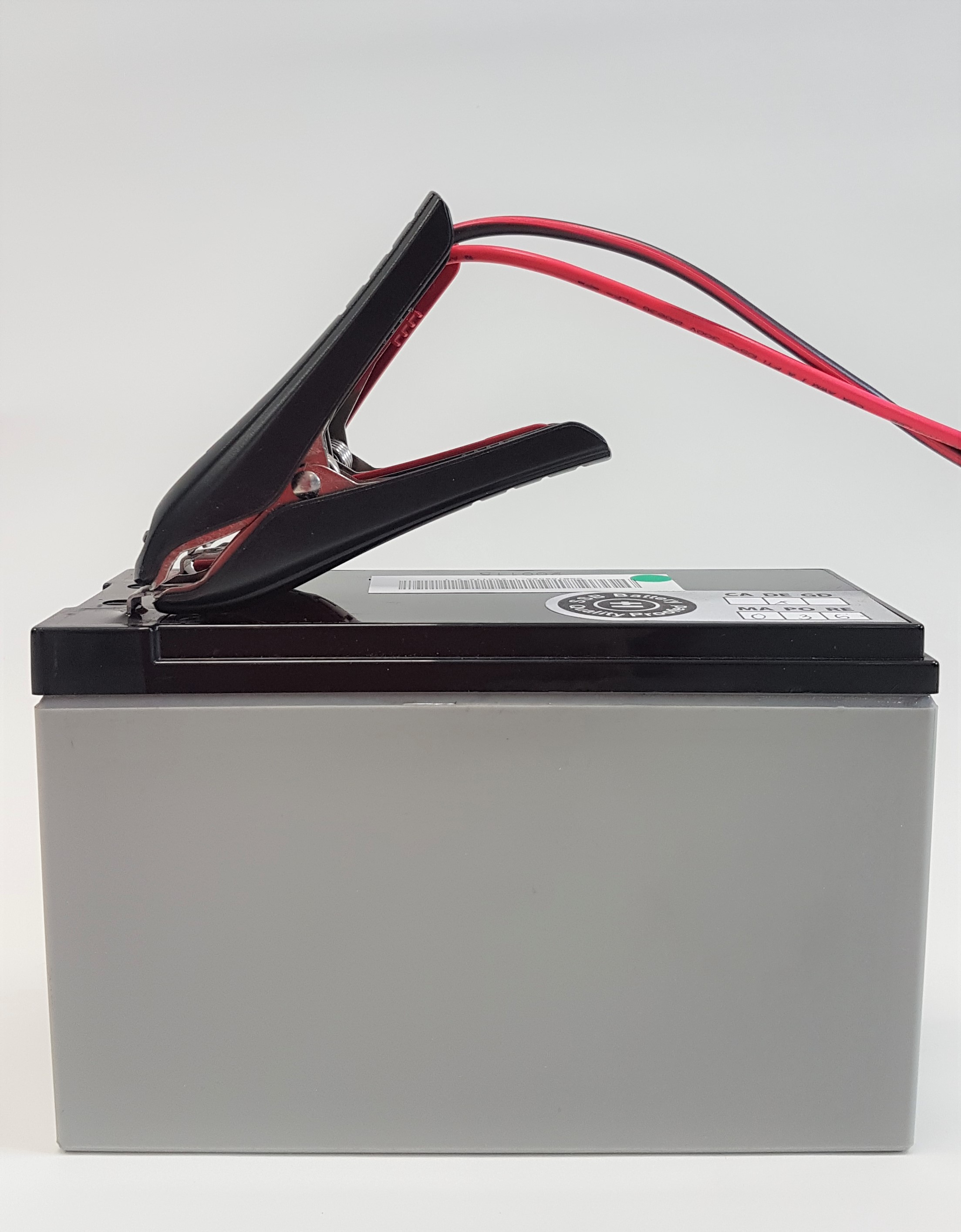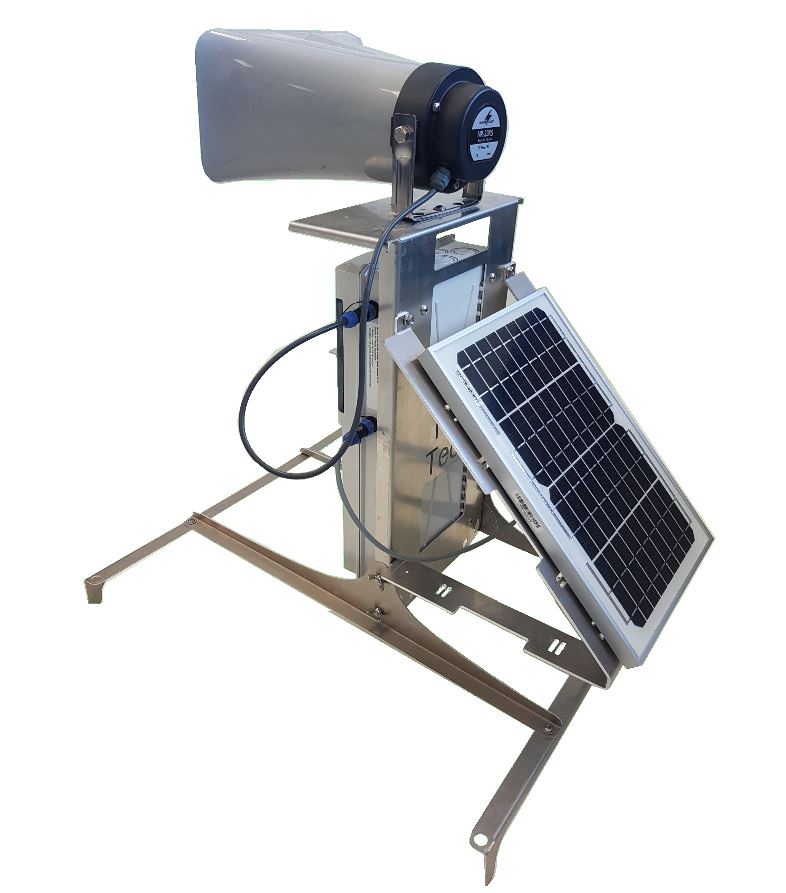
Since the beginning of 2021, following many requests from our customers, we have been offering a new model of AviTrac® acoustic bird repellers : AviTrac® PLUS.
InitiallyAviTrac® bird scarers were equipped with lead batteries. These batteries have the advantages of being very standard, economical and therefore easily replaceable. They also have a good autonomy and can be fully recycled.
However, they do not tolerate deep discharges. Although, the "typical" use of AviTrac® bird scarersis for a few weeks in the spring, when the seedlings are protected, and then the devices are stored for several months, either until winter to keep the starlings away, or until the next spring.
AgriProTech specifies in the user manual and on the'AviTrac® case that it is imperative not to leave the device in storage without it being fully charged, and that it must also be turned off, by deactivating its "Alarm" and "Light" alarms.
But the after-sales service department was regularly faced with returns of completely discharged batteries, which could not be reused.
Therefore the decision was taken to create a new AviTrac® range AviTrac®with Lithium batteries: the AviTrac PLUS range was born. The chargers used are the same, as they are also 12V batteries.
Here are the advantages of this type of technology:
Advantages of Lithium Iron Phosphate batteries
Safety - Lithium Iron Phosphate batteries are the safest batteries available, with no risk of fire or explosion.
Temperature - this type of battery has a good resistance to extreme temperatures (0° to 60°), without reducing its life time
Lifetime -Lithium Iron Phosphate batteries have a lifetime 3 to 4 times longer than lead acid batteries. This is because their number of charge/discharge cycles is much higher than any other battery. In addition, the life time will be extended if partial charges are performed.
Recharging - Lithium Iron Phosphate batteries can be recharged more quickly than lead acid batteries. It takes about 2.5 hours to fully charge the battery, compared to 10 hours for a lead acid battery.
Natural discharge -these batteries can last up to 1 year without being recharged.
Deep discharge - there is little risk of degrading the battery even when it is almost fully discharged.
Weight - Lithium Iron Phosphate batteries are much lighter than lead batteries.
Do you have an AviTrac with a lead acid battery? Don't worry, these batteries also work very well and are suitable for use with AviTracs. The following instructions should be followed to optimise the life of the batteries. It is also possible to replace a lead battery with aLithium battery.
How to optimize the life of the lead battery of my AviTrac?
In order to preserve your battery and keep it as long as possible, please observe the following tips for use :
Do not discharge your battery completely. It is imperative not to go below 20% of charge. The device recharges in about 10 hours.
Case n° 1 : AviTrac without option
The autonomy is about 3 weeks. It is imperative to recharge it completely every 3 weeks.
Case n° 2 : AviTrac with option ( ex : ManTrac)
If the AviTrac is equipped with an option (e.g. ManTrac), we cannot define the battery autonomy, because the programmed interval will strongly change the time between two recharges. Using the AviTrac® with the ManTrac® option requires much more energy than an AviTrac® without the option. You will have to be careful at the beginning of your use, to determine, the autonomy of your AviTrac® according to your programmation.
To remove your AviTrac® for storage or wintering:
- Fully recharge the battery
- Disable the "programmable" and "brightness" alarms
CAUTION: Once your AviTrac® is charged, always unplug the charger from the unit and the mains power.
To learn more about these lead batteries, here is some additional information.
Information on lead-acid batteries used in AviTrac®.
« If you fully discharge a battery (to a 100% depth of discharge) it will be damagedMost batteries will regain a full charge but premature ageing will have occurred and their life span will be shorter. You must take care that a battery is never fully discharged.
This is particularly harmful if you leave the battery in this state of discharge for several days.
The lead plates will start to sulphate and the battery will be irreparably damaged.
The damage may be so severe that the battery will never regain its charge and will be irreparable »
Source : https://www.victronenergy.fr/upload/documents/Optimiser-la-vie-des-batteries-plomb-Le%C3%A7on-V02-Bis.pdf
Did you know? AviTrac® bird scarers can also be operated autonomously, using a compatible solar panel.
Do not hesitate to contact us for more information!












